Budget 2023: Team Responsible For Preparing Union Budget And Their Roles
Finance Minister Nirmala Sitharaman, who will be presenting her fourth Union Budget on February 1, has been in the ministry since 2019

Union Budget 2023 will be presented in Parliament in less than a month. Though the Union finance minister has been the face and presenter of the annual Union Budget traditionally, there is a larger team behind the minister which assists the minister with various aspects of the Budget.
Let us take a look at the team behind the Budget-making process and understand their roles and responsibilities.
Ministry Of Finance & Finance Minister Nirmala Sitharaman
The finances of the government have traditionally been controlled by the Ministry of Finance. With the increase in complexities in governance, select powers have been delegated to administrative ministries, but the Ministry of Finance continues to have the overall responsibility of coordination and control.
Finance Minister Nirmala Sitharaman, who will be presenting her fourth Union Budget on February 1, has been in the ministry since 2019. In her tenure, the past two years have been a grave concern for the economy. She has faced situations like pandemic and geopolitical uncertainty and has offered key relief and reform measures.
The second woman finance minister after Indira Gandhi, Sitharaman studied economics at Jawaharlal Nehru University. In the first Narendra Modi-led government she served as the Minister of State for Finance and Corporate Affairs. Later she became the second female defence minister of the country.
Sitharaman has been credited for cleaning up the government’s finances in recent years but now faces the challenge of lowering the fiscal deficit and debt burden. She also has to focus of shift supply chain dependency away from China to India among other issues in Budget 2023.
Along with Sitharaman, two state ministers for finance are Dr Bhagwat Kishanrao Karad and Pankaj Chaudhary.
Chief Economic Advisor V Anantha Nageswaran
The Chief Economic Advisor (CEA) in the Ministry of Finance is assigned to give advice to the government on economic matters. The main role of the CEA is to produce the Economic Survey of India which is presented in parliament a day before the Budget presentation every year.
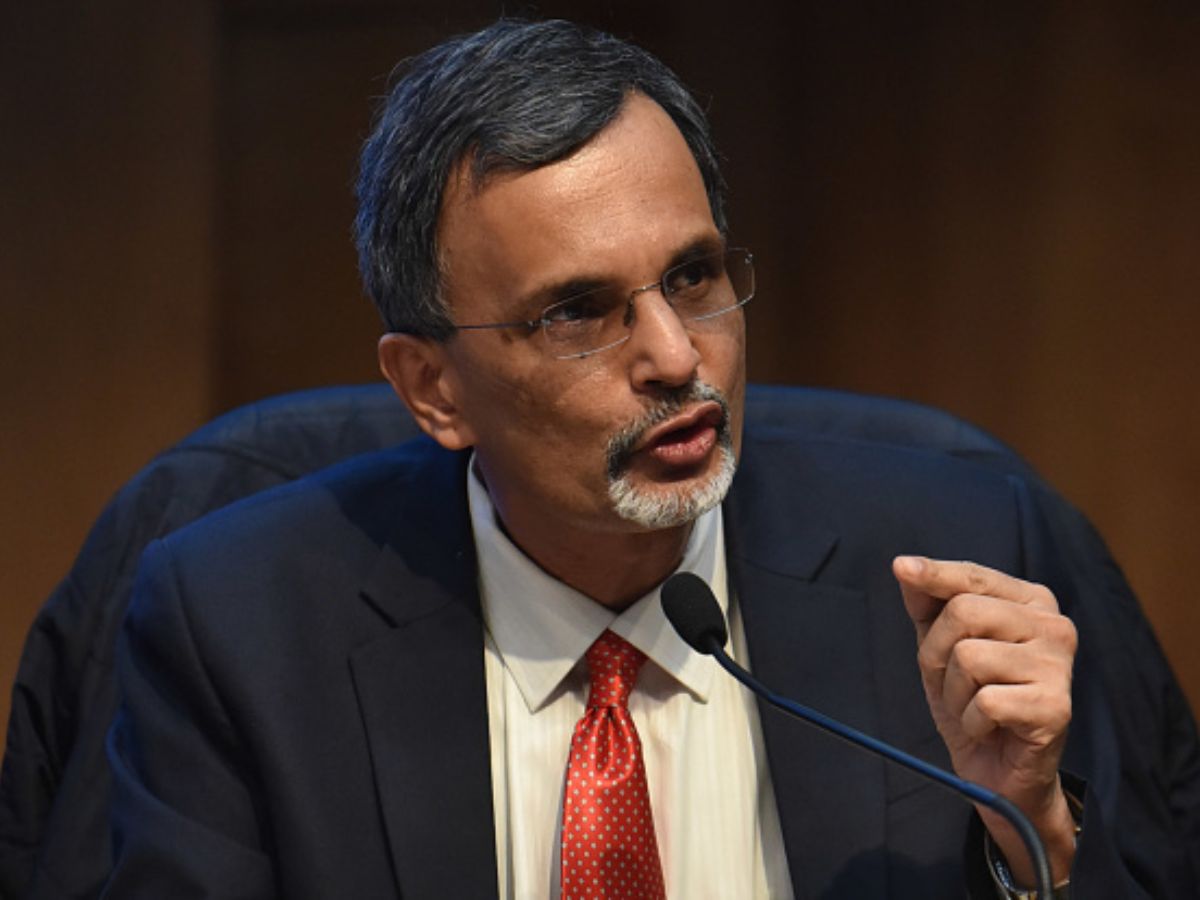
V Anantha Nageswaran was named CEA days before the Budget 2022. In Budget 2023-24, he will have a key role. He will spearhead the drafting of the Economic Survey for 2022-23. Nageswaran holds a PhD in finance from the University of Massachusetts. He also has an MBA from IIM, Ahmedabad. Nageswaran has served as a part-time member of the Prime Minister's Economic Advisory Council from 2019 to 2021. He has taught at business colleges and management institutes in India and Singapore and has worked for companies such as UBS, Credit Suisse, and Julius Baer.
Department Of Expenditure And Finance Secretary (Expenditure) TV Somanathan
The Department of Expenditure is the nodal department for overseeing the public financial management system in the Central government and matters connected with state finances. The Department of Expenditure is concerned with expenditures related to financial policies of the government covering financial rules and regulations and delegation of financial powers, financial sanctions on issues not covered by delegated powers.
The department also administers grants part of the Finance Commission award comprising revenue deficit grants, Calamity Relief Fund (CRF), grants for local bodies, health, education, and other special purpose grants.
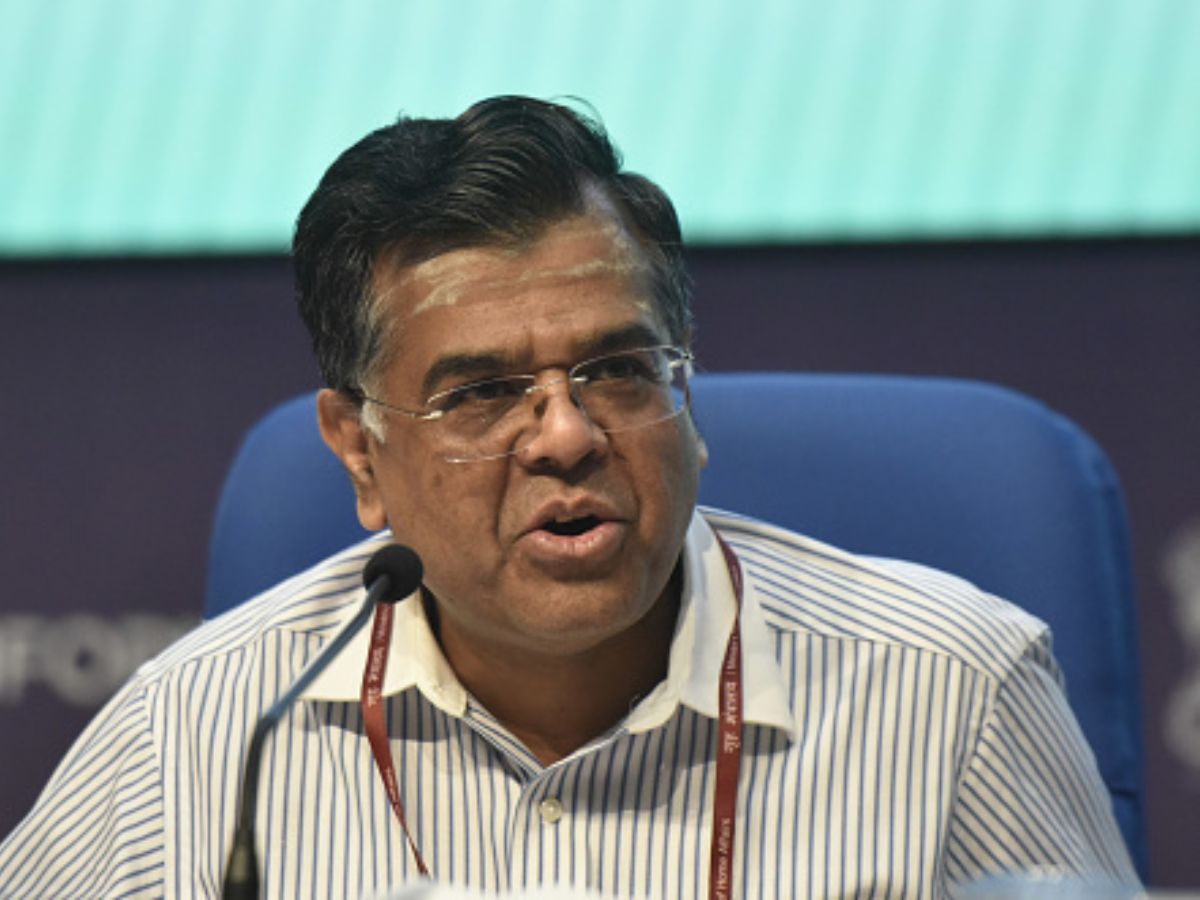
TV Somanathan, Finance Secretary (Expenditure), is a 1987-batch IAS officer from the Tamil Nadu cadre. Previously, he served as joint secretary in the Ministry of Corporate Affairs (MoCA) and PMO from 2015 to 2017. He holds a doctorate in economics and is also a qualified CA, cost accountant, and company secretary. Somanathan has been credited for increased spending by the finance ministry in recent years.
Department Of Revenue And Finance Secretary (Revenue) Sanjay Malhotra
The Department of Revenue controls matters relating to all direct and indirect taxes through two statutory boards namely, the Central Board of Direct Taxes (CBDT) and the Central Board of Indirect Taxes and Customs (CBIC).
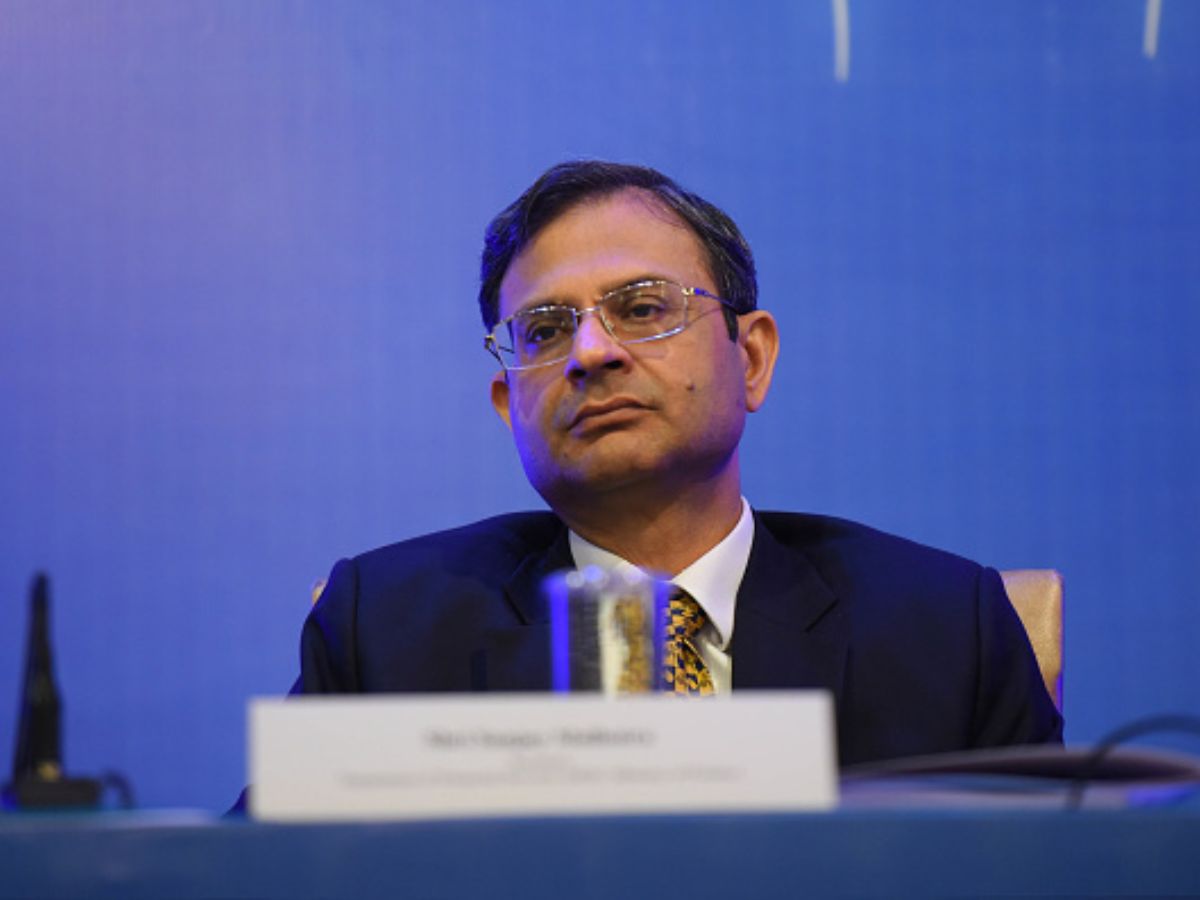
Sanjay Malhotra, a 1990-batch IAS officer from the Rajasthan cadre, was recently transferred from the Department of Financial Services to the Revenue Department. Malhotra has served as an Additional Secretary in the Ministry of Power. He holds a Bachelor of Engineering in Computer Science from the IIT, Kanpur, as well as a Master of Public Policy from Princeton University. Sanjay Malhotra has worked in a variety of industries throughout the course of his 30-year career, including power, finance and taxation, information technology, and mining.
For Malhotra, navigating the states' expectations, particularly on the Goods and Services Tax (GST) compensation front, would be a difficult task in this year's Budget.
Department Of Economic Affairs And Finance Secretary (EA) Ajay Seth
The Department of Economic Affairs (DEA) under the Ministry of Finance, assists the Central government in maintaining sound public finances through efficient use of the nation's economic resources. The Budget Divison under the Department of Economic Affairs handles the bulk of Budgetary preparation works.
The Budget Division is headed by Joint Secretary/ Additional Secretary (Budget). The primary responsibility of the Budget Division relates to "scrutiny of Receipt and Expenditure estimates" in the process of preparation of Budget estimates for the ensuing fiscal, Revised estimates of the current fiscal, and related Statements/Annexures of various Budget documents. Budget Division also does a detailed scrutiny and makes such corrections as are necessary for the classification of receipts and expenditures under the various major heads.
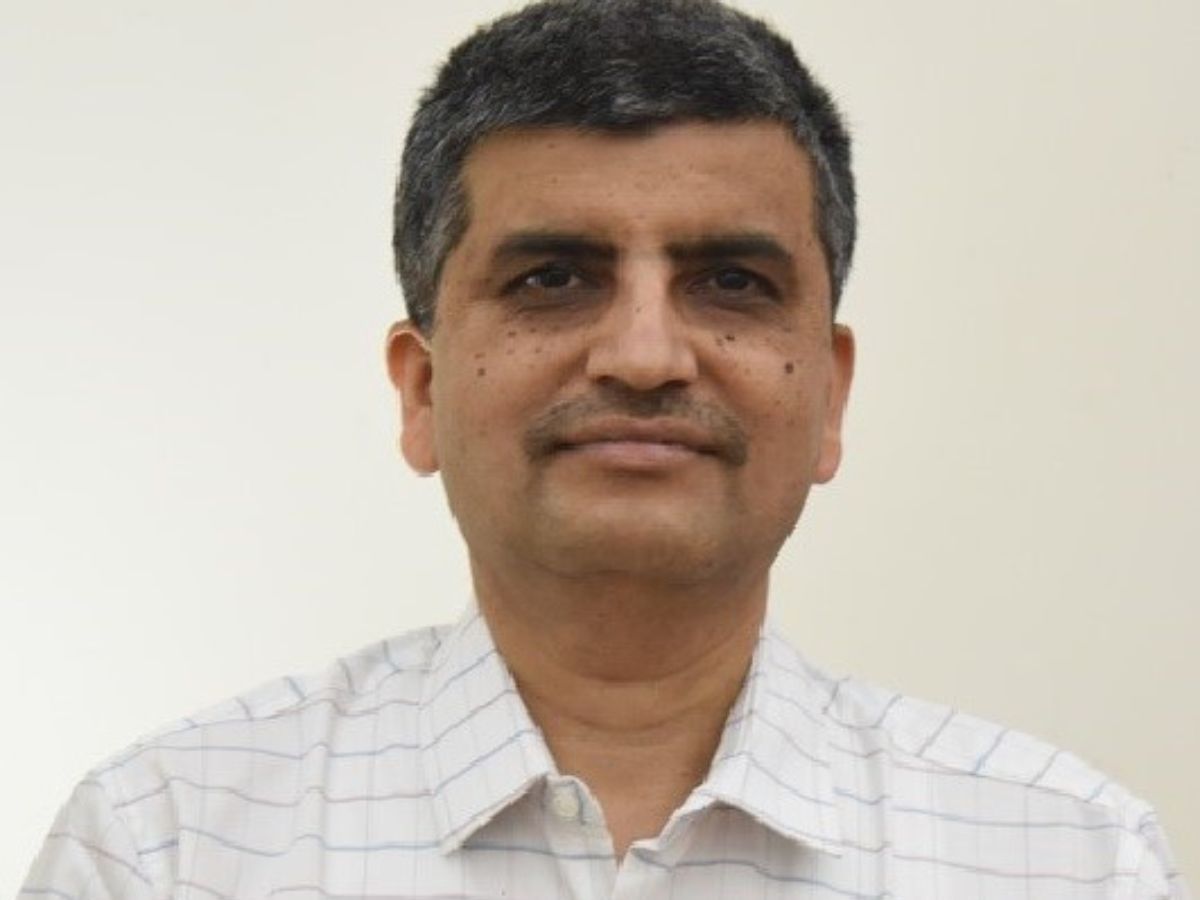
Ajay Seth, a 1987-batch Karnataka cadre IAS officer, also has the additional responsibility of co-chairing the G20 central bank and finance minister’s meetings into next year. He assumed the position of Secretary (EA) on April 15, 2021.
Seth’s professional experience includes the domains of public finance, social sector administration, tax policy and administration, Budget and accounts among others. Throughout his 33 years career, he has been in the public finance and taxation domains for 18 years. He is also a recipient of the Prime Minister’s Award for Excellence in Public Administration in 2013.
Department of Financial Services And Finance Secretary (FS) Vivek Joshi
Department of Financial Services covers the functioning of banks, financial institutions, insurance companies, and the National Pension System. The Central government's flagship including, Pradhan Mantri Jan Dhan Yojana (PMJDY), Pradhan Mantri Suraksha Bima Yojana (PMSBY), Pradhan Mantri Jeevan Jyoti Bima Yojana (PMJJBY), Pradhan Mantri Mudra Yojana (PMMY), Atal Pension Yojana (APY), Pradhan Mantri Vaya Vandana Yojana (PMVVY) and the Stand Up India Scheme, are currently run by the department. Emergency Credit Line Guarantee Scheme (ECLGS) is also being implemented by the Department of Financial Services.
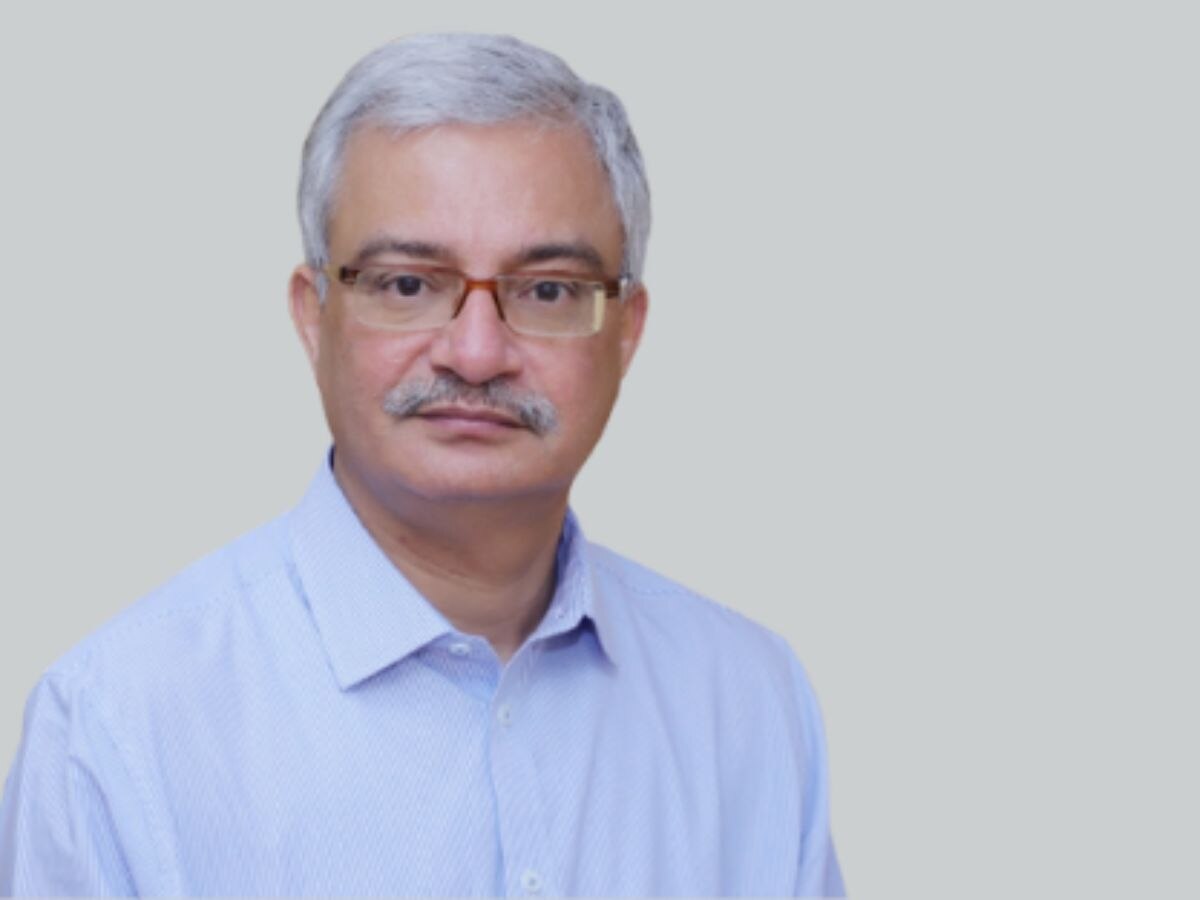
Vivek Joshi was appointed Secretary of the Department of Financial Services on October 19. Before that he was the registrar general and census commissioner in the Ministry of Home Affairs. He has also served as CEO of the Gurugram Metropolitan Development Authority. Joshi has a PhD and MA in International Economics from the Geneva Graduate Institute.
During 2014-2017, he served as Joint Secretary in the Ministry of Finance. He was involved with the appraisal of publicly funded projects and schemes in some key sectors of the economy including, roads and highways, urban development, UIDAI, space, atomic energy, and railways. He also served as the first administrator of Swachh Bharat Kosh (SBK) a public fund, created by the government to achieve the objective of Clean India.
Department of Investment and Public Asset Management & Finance Secretary (DIPAM) Tuhin Kanta Pandey
The Department of Investment and Public Asset Management (DIPAM) deals with all matters relating to the management of Central government investments in equity including disinvestment of equity in central public sector undertakings. The four major areas of its work are related to strategic disinvestment, minority stake sales, asset monetisation, and capital restructuring.
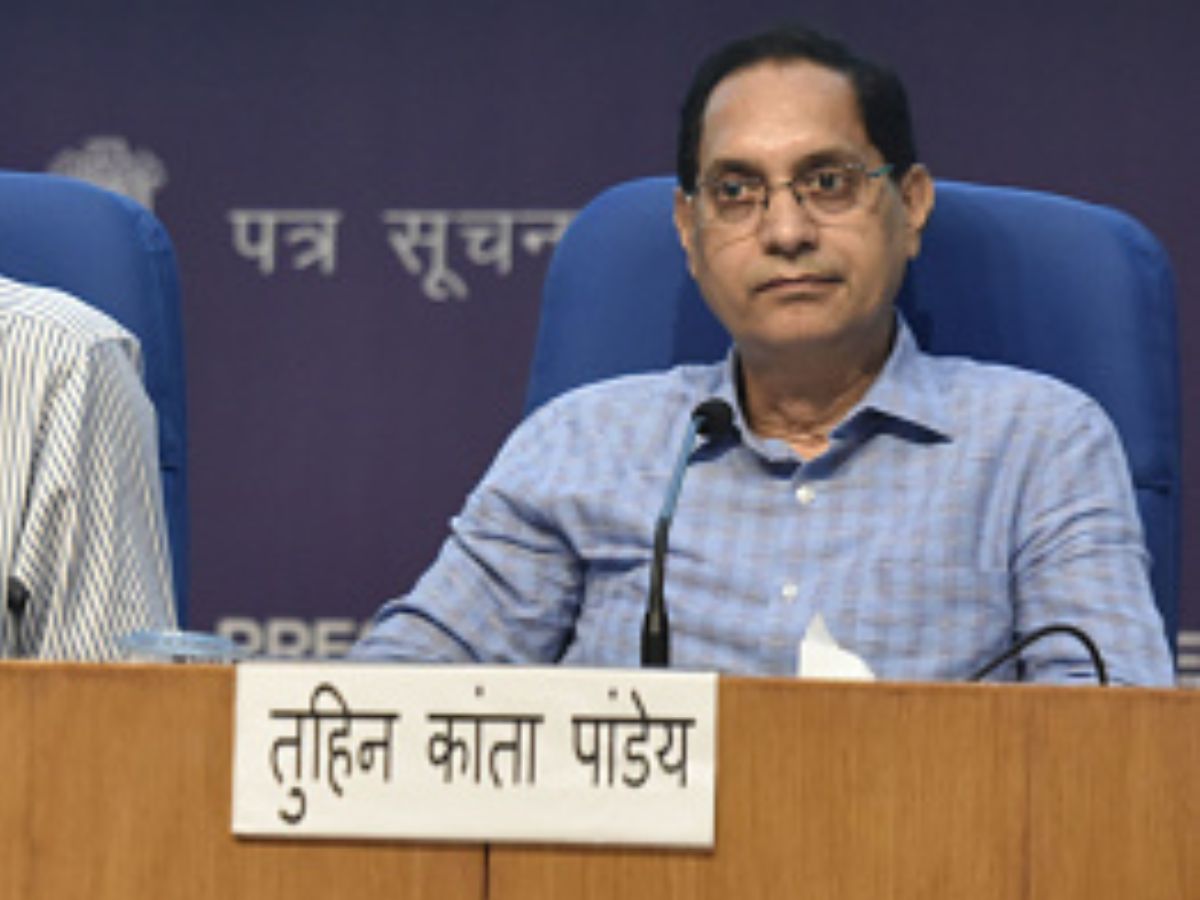
In recent years due to numerous planned disinvestments that took longer than projected or never happened the government has regularly lowered its intended disinvestment targets. As Secretary of DIPAM Tuhin Kanta Pandey has a massive task to meet the government's expectations. Panday has been credited for completing the sale of Air India and for a listing of LIC.
NITI Aayog And NITI Aayog CEO Parameswaran Iyer
NITI Aayog (National Institution for Transforming India) came into existence on January 1, 2015, replacing Planning Commission. NITI Aayog serves as a think tank of the government and provides advice on key policy matters. NITI Aayog also helps in finalising the Output Outcome Monitoring Framework (OOMF) which brings out measurable outputs and outcomes of outlays made to difficult schemes.
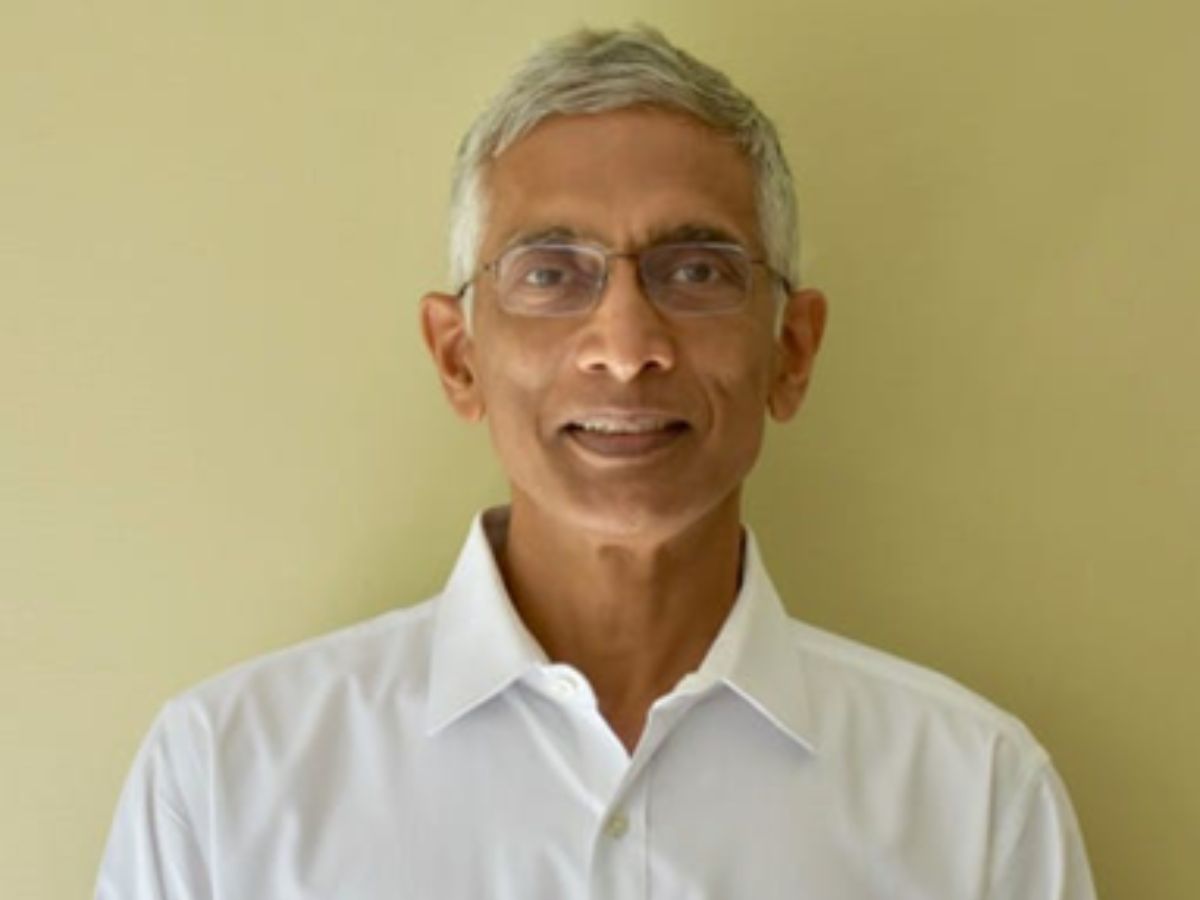
NITI Aayog CEO Parameswaran Iyer is a 1981-batch Uttar Pradesh-Cadre IAS. Iyer has worked in various capacities with both the government and the World Bank in his 40-year-old career. Between 2016–20, he served as the secretary of the Ministry of Drinking Water and Sanitation and led the government's flagship Swachh Bharat Mission.





































